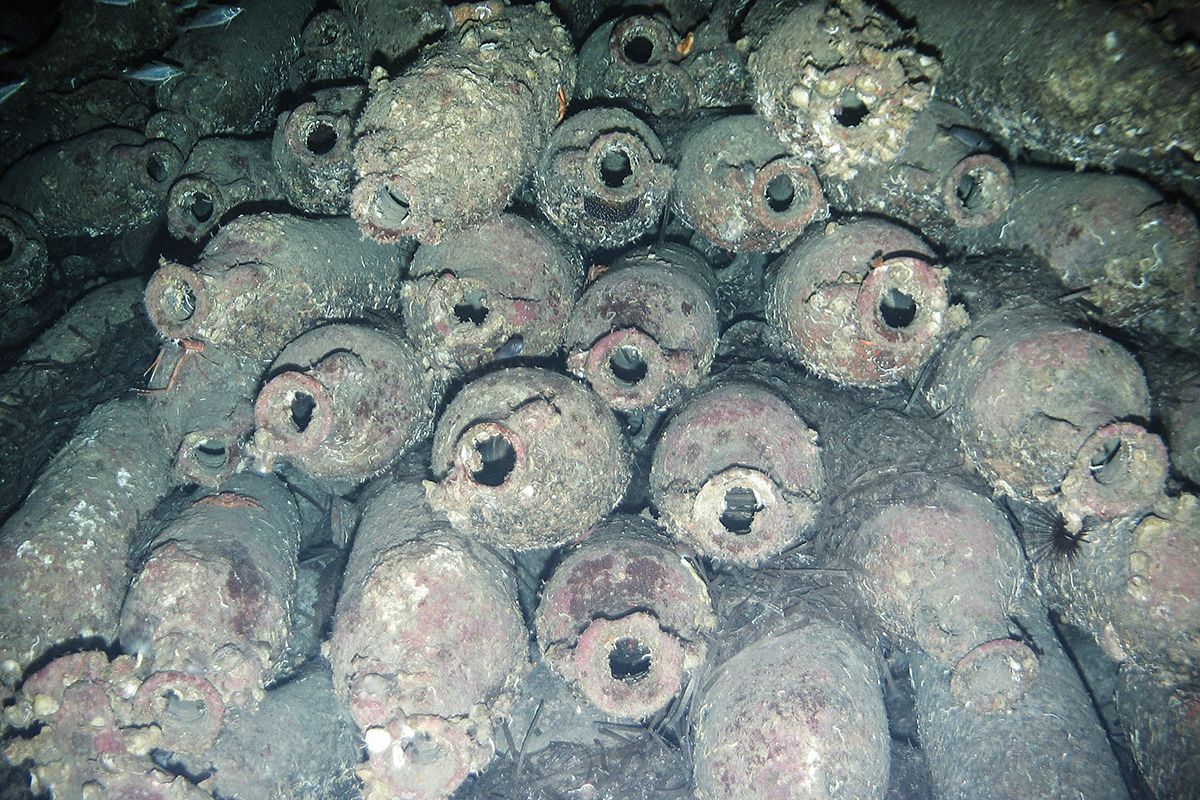In Vietnam, you can't swing a dead cat without finding a bottle of fish sauce. The stuff is everywhere: on dining tables and in street food stalls, on supermarket shelves and in kitchens across the country. It even claims to be the precursor to ketchup.
But the Vietnamese aren't the only people who have been fermenting fish for centuries. During the height of the Roman empire, garum was the Roman version of the same condiment, containing fermented salted fish intestines, according to Italian website The Local. Much like the Vietnamese version, garum was a staple found at banquets and street food stalls – yes, the Romans had street food stalls – way back when.
Recently, archaeologists came across 3,000 jars of the ancient condiment, after an ancient sunken ship was discovered five miles off the coast of Italy. According to experts, the ship was likely traveling between Italy, Portugal and Spain and was carrying a heavy shipment of garum when it sank.
Experts were first alerted to the ship's existence in 2012, when local fishermen came across shards of clay in the water. Over a two-year period, underwater archaeologists searched endlessly for the vessel, eventually finding it in October and releasing their research earlier this month.
“It's an exceptional find that dates to the first or second century AD,” Dr. Simon Luca Trigona, the archaeological team leader, told The Local.
This most recent garum discovery is just one of five ancient Roman ships ever to be found in the Mediterranean.
[Photo via The History Blog]














